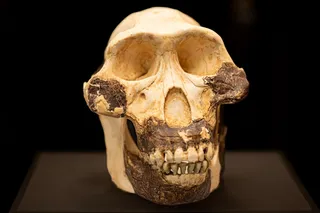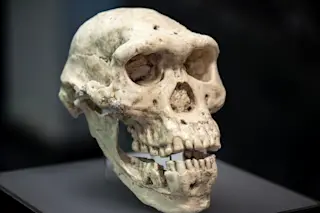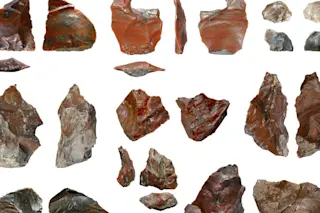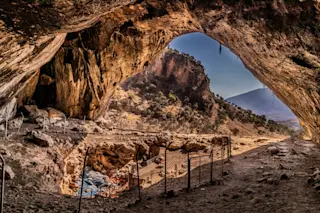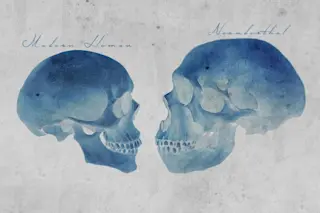By most material measures we're doing better as a species than we ever have. That is, in an absolute sense. But a lot of human life is about relative prosperity. I recall hearing once that role playing games which emphasized egalitarianism, with no "winners" or "losers," often had a difficult time gaining users. We are a cooperative species, but we're also a competitive species. The idea of a rising tiding lifting all boats is appealing, but so is the idea that one needs to have a larger McMansion than the Jones'. Non-zero sum interactions are splendid, but as social organisms we evolved to a great extent in a world dominated by zero sum games. Our rationality counsels that we trust in reason's logic, but our emotions drive us toward cognitive biases such as loss aversion. Three articles in The New York Times prompt me to reflect on the shortsightedness of ...
The positional game and the end of the age
Explore the concept of relative prosperity and its impact on the middle class society amid rising inequality. Can liberal individualism endure?
More on Discover
Stay Curious
SubscribeTo The Magazine
Save up to 40% off the cover price when you subscribe to Discover magazine.
Subscribe



